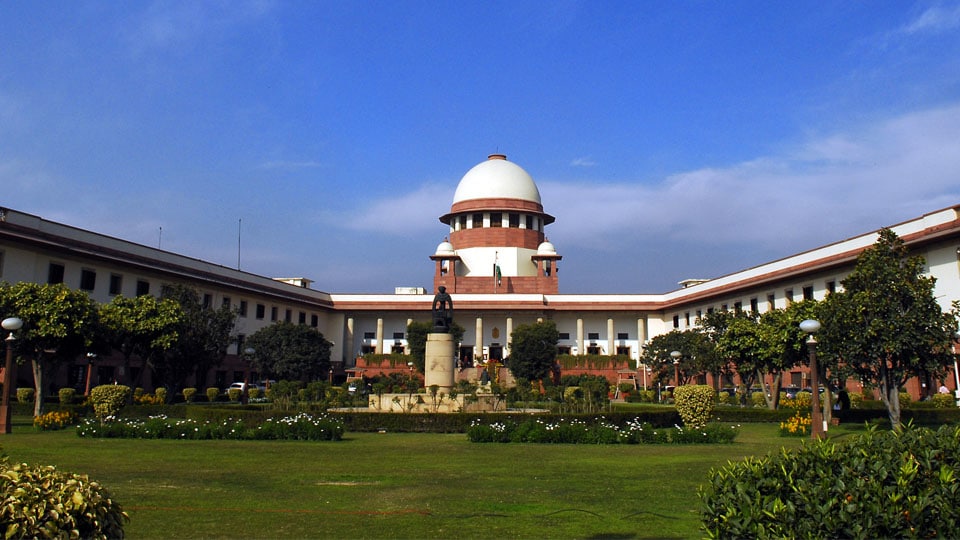New Delhi: The Supreme Court has opined that a person belonging to an upper caste can’t be deprived of exercising their legal rights just because their opponent happens to be a member of the SC/ST community.
“Offence under the SC/ST Act is not established merely on the fact that the informant is a member of Scheduled Caste unless there is an intention to humiliate a member of Scheduled Caste or Scheduled Tribe for the reason that the victim belongs to such caste,” said a Bench, headed by Justice L. Nageswara Rao.
Justice Hemant Gupta maintained that even hurling abuses will not make out an offence under the special law until it can be shown that it was done only with the motive of humiliating a member of the SC/ST community.
“All insults or intimidations to a person will not be an offence under the Act unless such insult or intimidation is on account of victim belonging to Scheduled Caste or Scheduled Tribe,” said the Judge.
The Court added that an act done by a member of an upper caste to protect his rights won’t automatically bring upon his head the sword of criminal prosecution under the SC/ST Act, saying “the knowledge (of the opponent’s caste) does not bar, any person to protect his rights by way of a procedure established by law.”
The judgment also affirmed its previous rulings that for a criminal offence under the Act to take place, the act has to be done in a public view and not privately, such as inside a house or within four corners of a building.
The Bench made these clarifications as it quashed criminal prosecution of a man, accused of launching casteist abuses at a woman. It noted that the two had a dispute over a piece of land in Uttarakhand’s Pithoragarh district, and both had filed civil suits against each other to assert their rights. The FIR under the SC/ST Act was registered at the instance of the woman, who complained the accused and his associates forcibly stopped her from cultivating the field and also lobbed abuses at her.
Looking at the facts of the case, the Bench held that not only was the alleged act done within the four walls of a house and hence not in public view, the assertion of title over the land by either of the parties was also not because the woman belonged to the SC/ST community.
“Since the matter is regarding possession of property pending before the Civil Court, any dispute arising on account of possession of the said property would not disclose an offence under the Act unless the victim is abused, intimated or harassed only for the reason that she belongs to Scheduled Caste or Scheduled Tribe,” said the Bench.
It exonerated the petitioner of the charges under the SC/ST Act while adding that the prosecution under offences of criminal intimidation and trespass shall continue.








Recent Comments